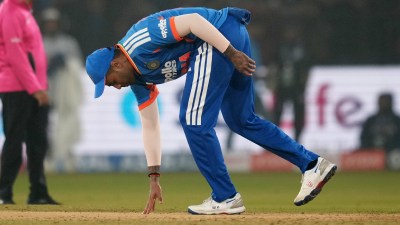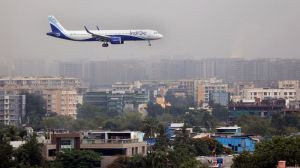On their own
The Centres failure on the Manipur blockade is shocking
The blockade of Manipurs twin arteries,National Highways 39 and 53,has now entered its third month,with people reliving the misery of last years two-month-plus blockade. The people of Manipur,till 2010,had been used to short blockades. But now,in a grim imitation of last spring and summer,essential commodities have disappeared,available only in the black market at unbelievably high rates. Many medicines are unavailable. An LPG cylinder costs Rs 1,500 to Rs 2,000. Petrol Rs 120 to Rs 140 a litre. Ordinary rice almost Rs 70 per kg. Potatoes and onions Rs 60 to Rs 70 per kg. The state government claims to be doing its best escorting essentials and keeping a close watch on prices yet the statistics couldnt speak louder.
What ails Manipur is its long history as a defining strand of the Northeasts political narrative,its complicated politics born of geography and demographics,and state failure in trouble. Last year,it was the denial of entry to NSCN (Isak-Muivah) leader T. Muivah that had led to the months-long blockade by the United Naga Council (UNC) and its associated outfits. This time,the Sadar Hills District Demand Committee began an economic blockade of NH 39 and NH 53 in end-July,demanding the creation of a Sadar Hills district. In retaliation,the UNC enforced a counter-blockade on the same roads,protesting against the state governments alleged attempt to divide Naga-dominated areas for the new district. Thus the abject predicament of Imphal and other parts of Manipur,with nobody willing to budge and political negotiations clouded by the coming polls and the memory of ethnic clashes that claimed many lives in the 1990s.
Manipurs plight is a failure of the authorities to assert control over the situation. Between a bitter interface with the institutions of state and the visible abdication by the state,why would Manipuris believe in governments ability to care to ensure essentials reach them,that their movement is not obstructed? The Centre needs to do much,much more than it has done so far to restore normalcy. And Manipur must be more than an emergency discourse in New Delhi,moving itself beyond the question of alternative feeder routes to encompass a fully fledged economic and political project.
- 01
- 02
- 03
- 04
- 05






























